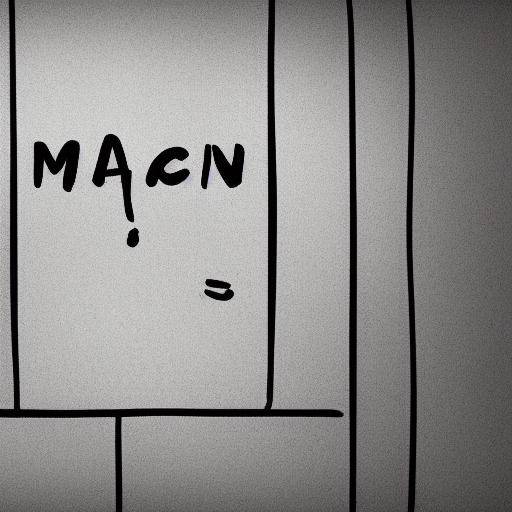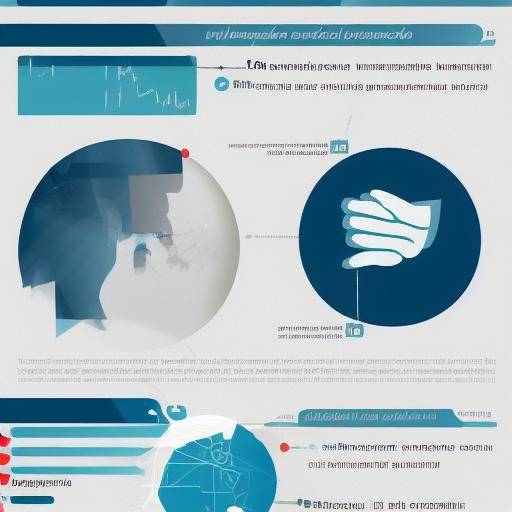
Written communication is an essential skill in any context, whether professional, academic or personal. The ability to convey ideas clearly and effectively through writing is fundamental for success in various areas of life. In this article, we will explore how to improve written communication, develop sound communication skills and ensure clarity in the message. From its historical origins to future trends, we will thoroughly analyze the importance of this skill, provide practical advice and offer expert perspectives on the subject.
Introduction
Written communication has been an integral part of human history. From the invention of writing to the current digital era, the ability to express ideas effectively through written media has played a crucial role in the transmission of knowledge, decision-making and expression of emotions. In this article, we will explore the evolution of written communication, its impact on modern society and how to improve skills in this area to achieve greater effectiveness and clarity in communication.
History and Background
The written communication has its roots in the first writing systems, such as the Egyptian hieroglyphics, the cuneiform writing of Mesopotamia and the first Chinese writing systems. These advances marked the beginning of a new era in the transmission of knowledge and the preservation of history. Over time, writing became a powerful tool for the dissemination of information, education and long-distance communication.
In the modern era, written communication has experienced an unprecedented revolution with the arrival of digital technology. E-mail, text messages, social media and blogs have exponentially expanded people's ability to communicate through writing. However, this evolution has also posed challenges in terms of clarity and effectiveness in written communication.
Analysis in Deep
Effective written communication is essential in the business environment. Written reports, e-mails and proposals are essential components for decision-making and collaboration in working teams. The ability to write clear and persuasive messages can make the difference in the success of a project or in the perception of a professional in its field. On the other hand, lack of written communication skills can lead to misunderstandings, conflicts and loss of opportunities.
In the academic sphere, written communication is a fundamental requirement for success. Tests, research reports and written presentations are key tools to demonstrate the knowledge and understanding of a topic. The ability to write clearly and coherently not only improves the understanding of readers, but also reflects the author's analytical and expression capacity.
Comprehensive review
Improved written communication involves developing specific skills, such as the ability to structure ideas logically, use clear and direct language, and adapt the writing style to the target audience. It is essential to understand the importance of the audience to which the message is directed to adapt the tone, the level of formality and the terminology used.
A fundamental aspect of written communication is the clarity in the message. Lack of clarity can result in misunderstandings, confusion and ineffective communication. The structure of the message, the proper use of the score and the choice of precise words are key elements to ensure clarity in written communication.
Comparative analysis
When comparing written communication with other forms of communication, such as oral communication, the advantages of writing are highlighted in terms of permanence, scope and accuracy. While oral communication is ephemeral and can lead to misunderstandings due to lack of registration, written communication allows the revision, clarification and traceability of information.## Practical Tips and Accessible Tips
Improved written communication requires practice and dedication. Here are some practical tips to perfect your skills in this field:
- Structure your ideas: Before you start writing, organize your thoughts and create a scheme to ensure a logical sequence in your message.
- Meet your audience: Adapting your writing style and the level of detail according to the knowledge and expectations of your audience is crucial for effective communication.
- Clarity and concision: Use precise words and avoid redundancy to convey your message clearly and concisely.
- Review and editing: Review your writing several times to correct grammatical errors, improve the structure and ensure coherence in the message.
Industry ideas and Expert Reviews
According to Peter Drucker, "Communication is one of the most important elements in any organization. Actually, the only specific activity of the organization is communication. That's why communication is the work of the organization."
Organizational communication experts point out that clear and persuasive writing is a valuable asset for any company. The ability to write effective messages can influence the perception of the brand, decision-making and collaboration between working teams.
Case Studies and Practical Applications
A study conducted in the academic field showed that students who improved their written communication skills achieved an increase in the quality of their academic work and greater interaction with their peers.
In the business world, the ability to draft persuasive and clear proposals has been critical in winning strategic contracts and partnerships.
Future Trends and Predictions
With the advancement of artificial intelligence and task automation, written communication is expected to evolve towards the adaptation of messages for different audiences in an automated way. In addition, the integration of translation and voice synthesis technologies could transform the way in which written messages are written and received.
Conclusions
In short, written communication is a skill that can make the difference in any context. From the professional to the academic sphere, the ability to write clear and effective messages is essential to express ideas, influence decisions and establish meaningful connections. Improving skills in written communication and ensuring clarity in the message are indispensable aspects to succeed in the era of information.
Frequently asked questions
Why is written communication important in the working environment?
Written communication in the working environment is key to accurately conveying information, documenting agreements and effectively collaborating with colleagues and clients. e-mails, reports and written proposals are key elements in business communication.
How can I improve clarity in my writing?
To improve clarity in your writing, it is essential to structure your ideas in a logical way, use clear and direct language, and review your message several times to ensure coherence and accuracy.
What is the difference between verbal and written communication skills?
Verbal communication skills refer to the ability to express themselves effectively through spoken language, while written communication skills imply the ability to convey ideas in a coherent and persuasive way through writing.
How does written communication affect a company's perception?
A clear and professional written communication can improve the perception of a company, showing a high level of professionalism and attention to detail. On the contrary, poor written communication can lead to misunderstandings and damage the image of the company.
How has technological evolution impacted written communication?
The technological advance has transformed the written communication by providing tools for collaborative editing, machine translation and voice synthesis, thus broadening the possibilities of adapting messages to different audiences and facilitating communication at the global level.
How can I learn to write persuasively?
Learning to write persuasively implies understanding the needs and motivations of the audience, using solid arguments and presenting the information convincingly. Constant practice and critical review of your writings can help you perfect this skill.
With this in mind, it is clear that written communication plays a fundamental role in personal and professional success. Improving skills in this area and ensuring clarity in the message are essential aspects to highlight in a world where information and influence are intertwined through the written word.


















































